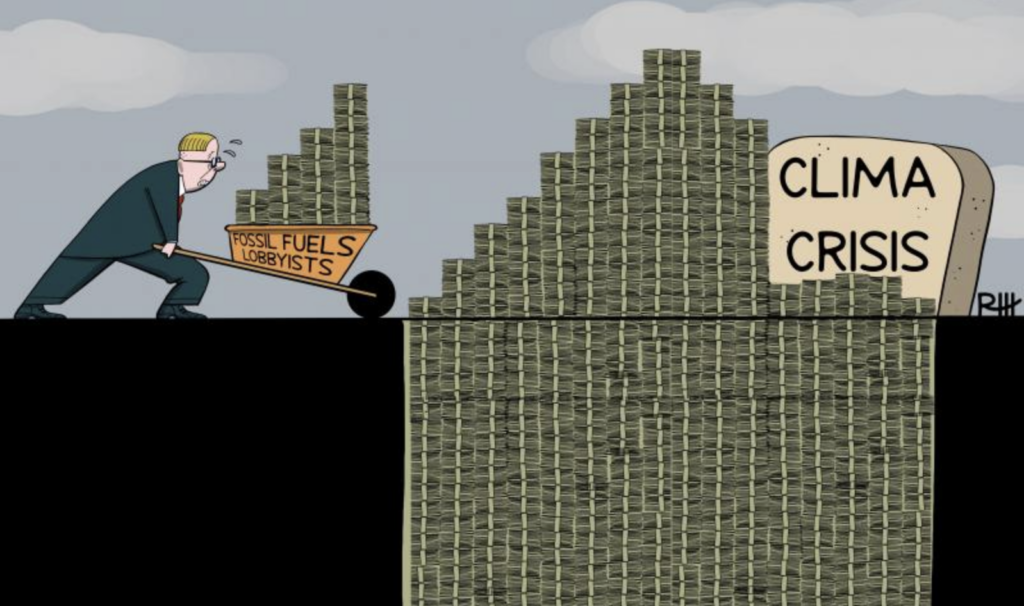Despite having been proved, again and again, to be out of step with the science, the Wall Street Journal is still promoting a phony “balanced” view on global warming – still trying to argue that there is a legitimate argument about climate change.
In a short feature today, the WSJ juxtaposes three decades of warnings, from sources of integrity and obvious expertise (eg., the U.S. Department of Energy), with 30 years of denial, from paid apologists for industry (eg., former tobacco and energy industry shill Dr. Fred Seitz).
The effect is to elevate the status of the deniers and to suggest that debate endures.
It’s a sham that should be embarrassing to any journalist of conscience.
Subscribe to our newsletter
Stay up to date with DeSmog news and alerts







